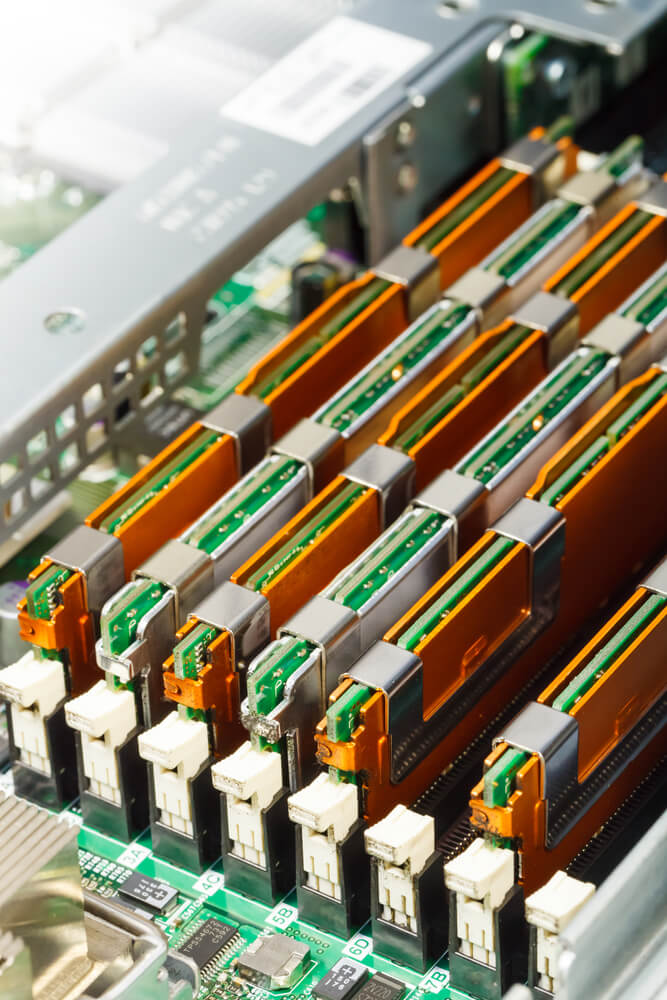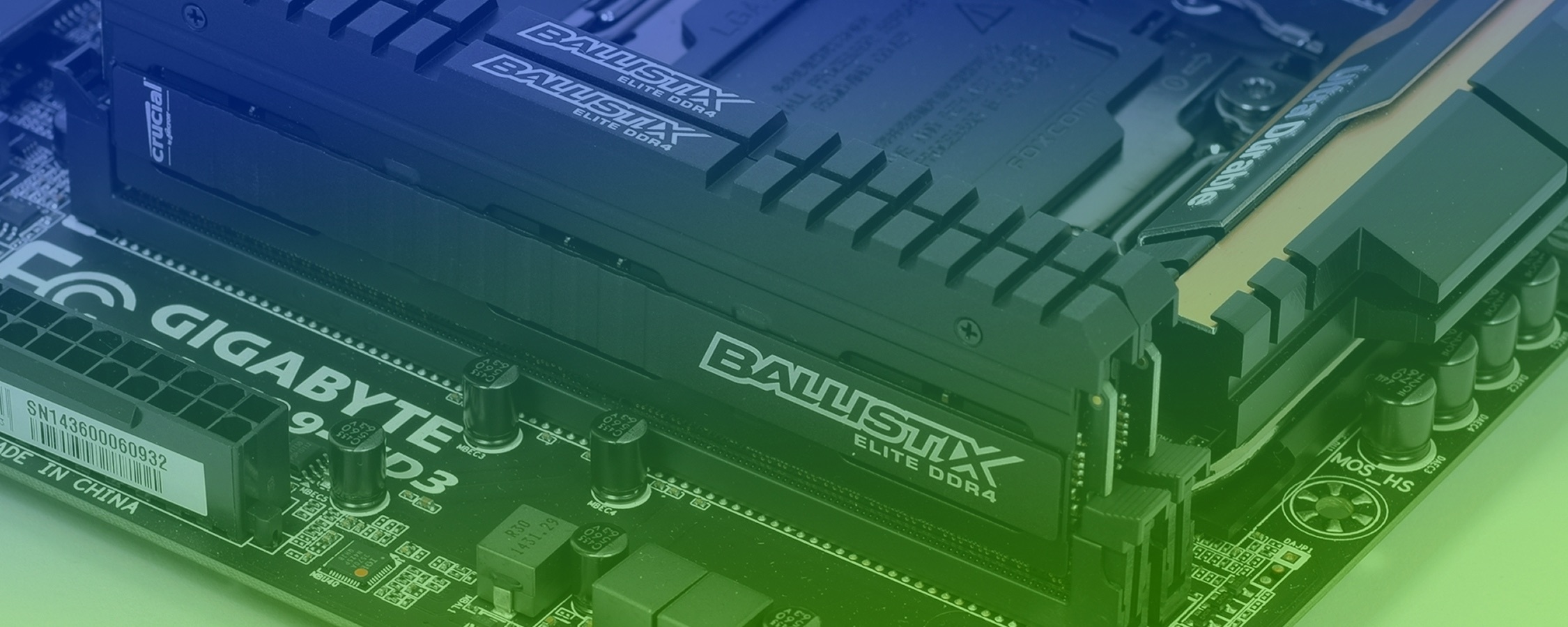Hitting the Sweet Spot
Those building a new system or simply looking to upgrade their memory capacity, the answer is simple: 8GB should be the minimum standard, while 16GB is desirable but not needed. For general usage and gaming there is no advantage to be had by using 16GB or more RAM, though admittedly system memory has hit new lows in 2016 which makes it very accessible even in budget builds.
In gaming scenarios we were surprised to see 4GB will help you extract most out of your system (actual gameplay frame rates versus say, loading levels) but 8GB remains ideal. Those of you focused solely on gaming who don't have the extra cash to splurge on 16GB of memory, fear not, you aren't missing out on any hidden performance. For folks who insist that certain game mods will use over 8GB of RAM, that's fine, go for it, but as far as we're able to determine there aren't any popular games that require over 8GB without mods.
Moreover, we were able to peak memory usage at almost 10GB in Batman with a tab-heavy Chrome running in the background and when downgrading to 8GB of memory frame rates weren't any lower.

Moving past games, even applications such as Adobe Premier CC which in our test pushed system memory usage to 12GB, saw little advantage to using 16GB of system memory opposed to 8GB. However, we did see a significant drop off when lowering the system memory to just 4GB. Users who do encoding will appreciate having no less than 8GB of memory.
Just one of the SPECwpc tests provided a performance advantage when using 16GB of memory, though the margin wasn't significant and anyone running professional grade software won't be concerned with spending $100 on system memory anyway.
The only application we could find that really benefited from 16GB was 7-Zip, though we had to use a crazy big dictionary size to create heavy RAM demand. Given that a 128MB dictionary only requires around 6GB of memory, it seems unlikely that many would require more. I'm admittedly no compression expert, so I can't really comment on the subject but I assume if you are doing crazy levels of compression you likely know what's involved and want to have the appropriate system specs.
Virtualization is another wildcard, since virtualizing applications requires you to dedicate resources away from the host PC. If you are running more than one VM, or other related specialized work, it's safe to say you'll want a ton of RAM (32GB or more) but those same rules don't apply to regular PC users.
In line with the recommendations throughout TechSpot's PC buying guide, we still see 8GB as the minimum standard which is why we suggest 2 x 4GB kits for the Budget Box and Entry-level Rig which are sub-$700 builds. For less constrained budgets, 16GB of RAM should be great and going beyond that is only essential for specific high-demand scenarios.
